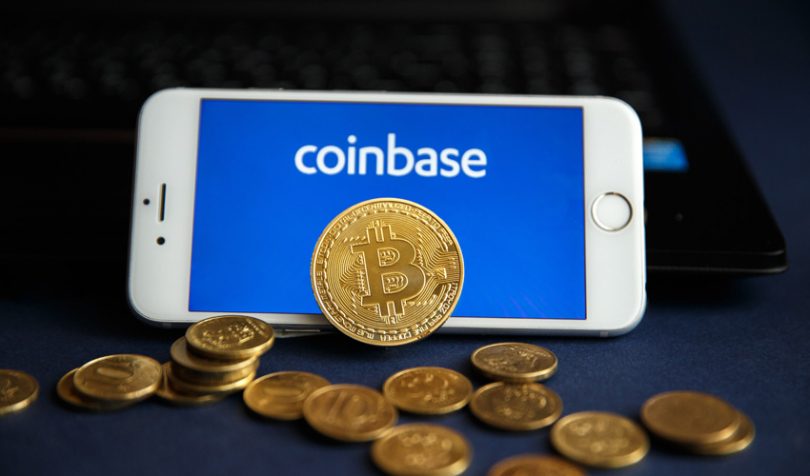U.S. Cryptocurrency exchange Coinbase may seek a stock market listing later this year or early next year, Reuters reported, citing unidentified sources. The company has had talks with investment banks and law firms and is rumored to be exploring a direct listing in which it doesn’t raise additional capital.
Both Slack and Spotify have used the direct listing route, and it was a very positive experience for Slack in particular, which has an investor in common with Coinbase: Andreessen Horowitz.
In October 2018, Coinbase raised $300 million in its Series E round at a valuation of $8 billion, which brought cumulative funds raised to $547.3 million, according to Crunchbase.
Today the company says it has 35 million users (Oct 2018: 20m) and $7 billion of assets in custody.
Why a direct listing?
If it’s not going to raise additional capital, why bother with a listing? Firstly, it enables existing shareholders to start selling without the six month lock-up period required for IPOs.
The second motivation is to get a better price. An IPO usually involves placing stock with institutions that may or may not be keen on a cryptocurrency exchange. But the current stock market recovery is thought to be driven by young retail investors who are likely to have a far rosier view of Coinbase compared to institutions. So the valuation at the point of listing could be higher.
And retail investors or not, one of the key advantages of a direct listing is price discovery as opposed to a handful of investment bankers making a guesstimate.
Thirdly, it makes it easier for Coinbase to pursue acquisitions using its stock.
Fourth is distribution and inclusion. Cryptocurrencies involve breaking down some of the traditional barriers that retail investors experience. If Coinbase did an IPO, then likely only 10% of the stock would be available to retail investors. With a direct listing, there are no such restrictions.
It’s also possible that staff have options maturing. While they can sell on a private secondary market, it’s far less liquid. In an Andreessen Horowitz podcast, Spotify CFO Barry McCarthy said that employees can be at a disadvantage in these private markets because investors have access to more company information than the employees. For the Spotify CEO “one of his primary objectives was equal treatment for employees,” said McCarthy.
Another Spotify motivation was radical transparency. The Spotify investor day had 19,000 people participating, a few more than the typical IPO roadshow.
And that could also be part of the point. The more mainstream cryptocurrencies become, the more Coinbase benefits. To do a tokenized stock listing right now would be insular and appeal to the cryptocurrency community that is already drinking the Koolaid. It also would be less liquid compared to the public market.
But Coinbase investor days provide the company with the opportunity to educate a wider market about cryptocurrencies. That could be a virtuous circle that benefits the company itself, which ultimately will enhance its valuation.






